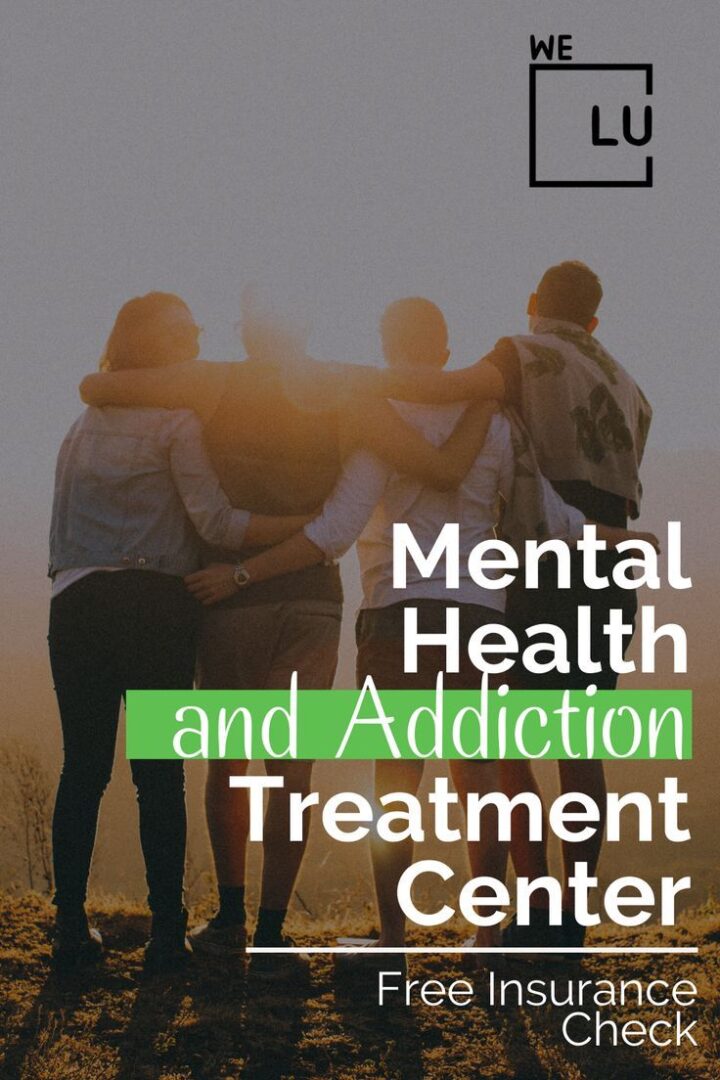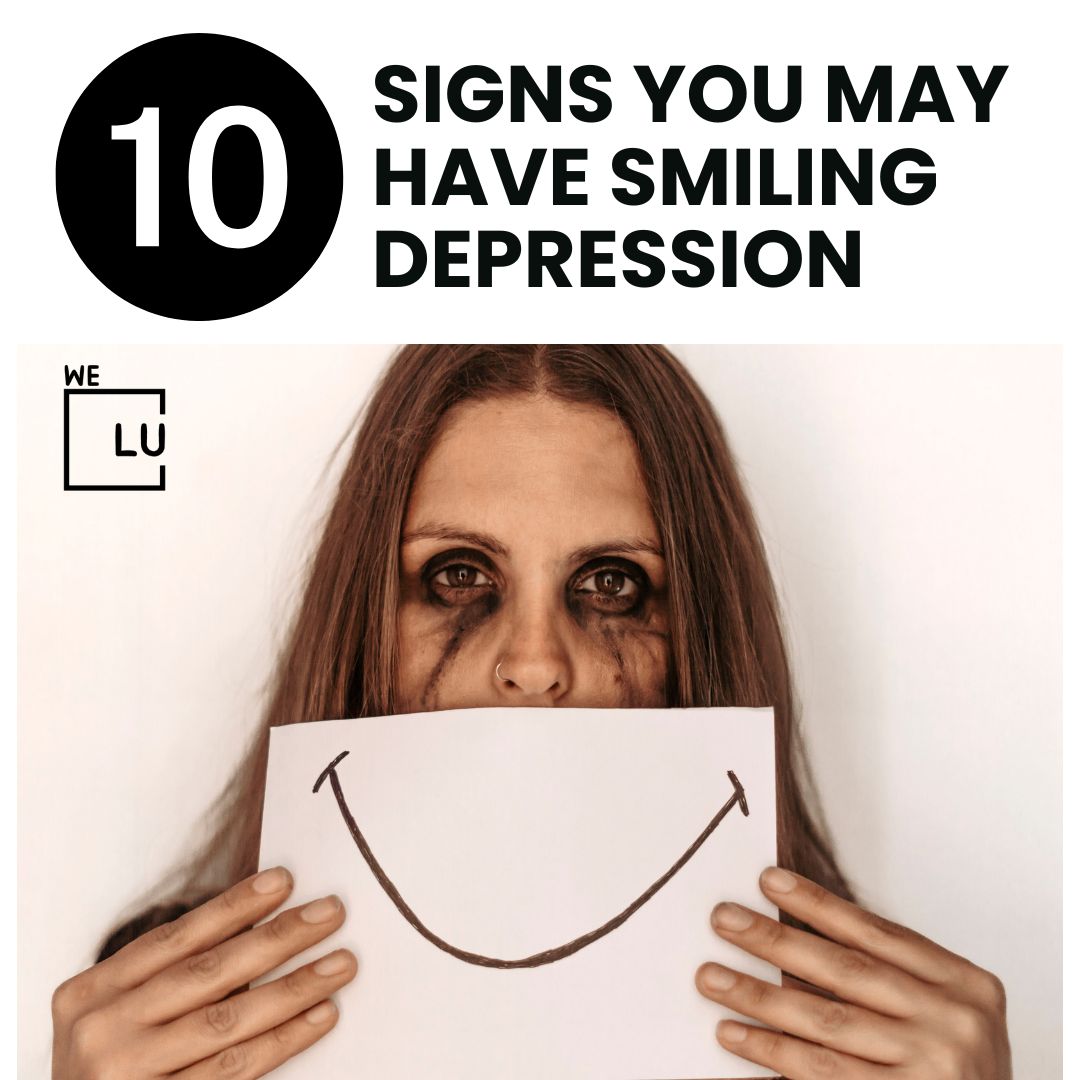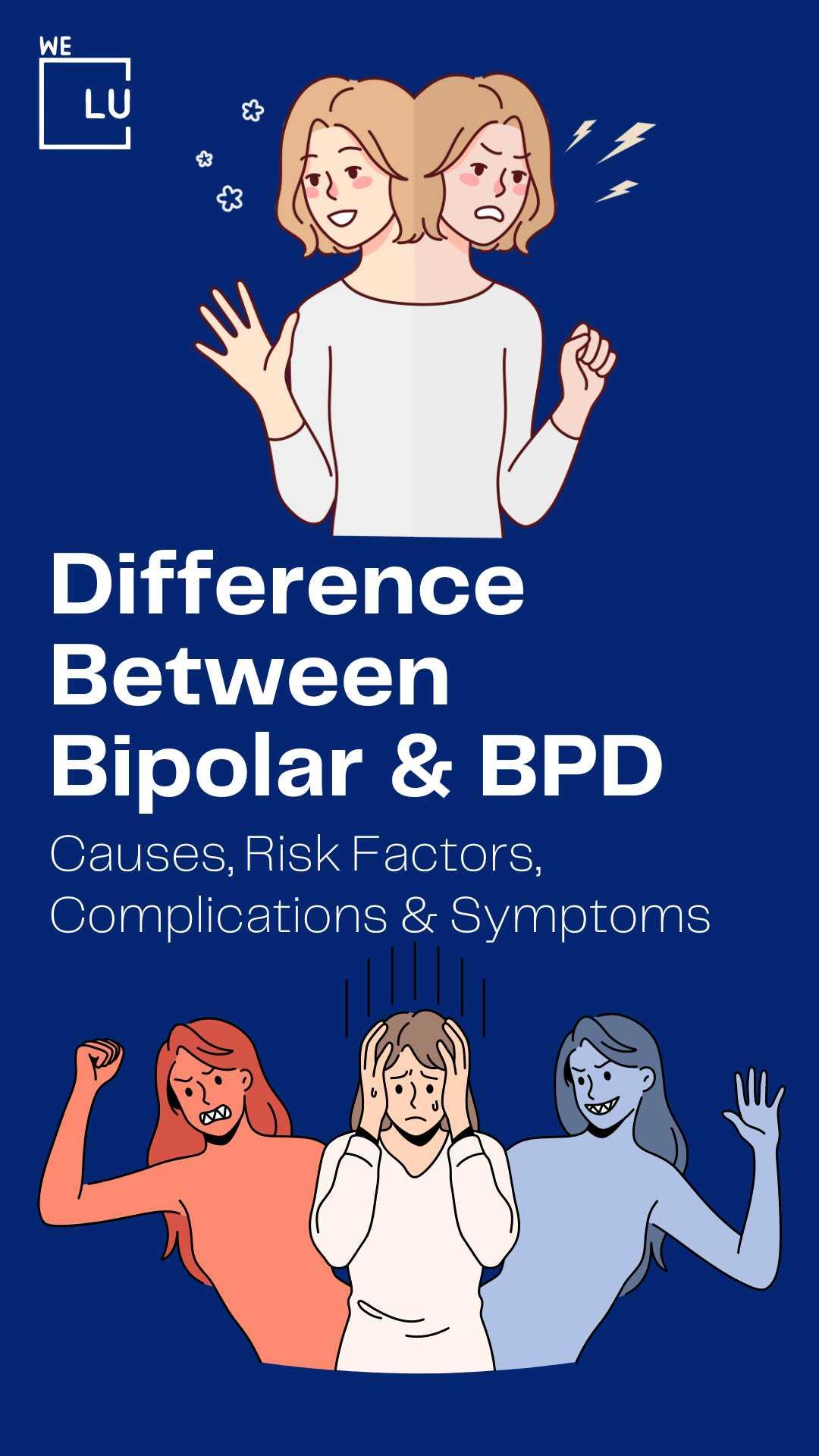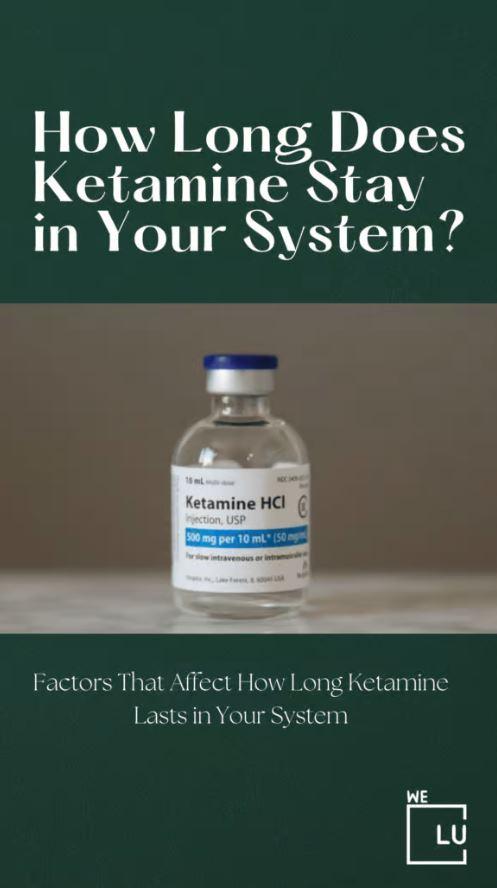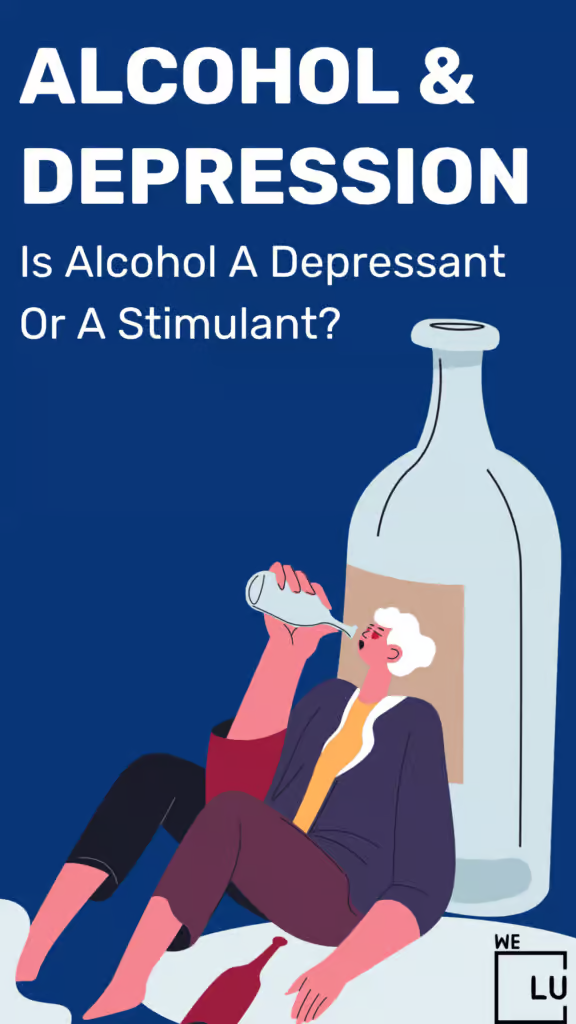How to Overcome Depression?
Medication and therapy are often efficient in depression treatment. A psychiatrist might write prescription drugs for depression symptoms. It might also be beneficial to see a psychologist or other mental health expert. An inpatient stay with counseling programs might be necessary in severe cases until symptoms improve.
To determine if you are depressed, your doctor may do specific blood tests, evaluate your physical condition, converse with you about your thoughts and feelings, and look up the clinical criteria for depression. A persistent loss of interest in activities, profound grief, and hopelessness are characteristics of depression; melancholy, or sadness, is a common emotion that passes rapidly. Your everyday functioning, sleep quality, and eating habits may also be impacted.
The Connection Between Depression and Addiction
According to the Substance Abuse and Mental Health Services Administration (SAMHSA), certain drugs might cause depression in those who are addicted. Also, people who struggle with depressive disorders may turn to drugs or alcohol as a coping mechanism. [1]
Genetics, early stress or trauma exposure, and brain chemical imbalances are frequent causes of both drug abuse and depression problems. It shows how closely related substance abuse and mental health may be. Depression is also associated with high rates of suicidal behavior and mortality.
According to the CDC reports, suicide was responsible for 48,183 deaths in 2021, which is about one death every 11 minutes. An estimate is that up to 60% of people who die by suicide have major depression. [2]
Depressive disorders are strongly linked with instances of drug and alcohol use disorders. Helping clients with both addiction and depression is a vital segment of the We Level Up Texas inpatient dual diagnosis treatment center. Reclaim your life today! Call us 24/7 for a free consultation.
What is Depression?
According to the Centers for Disease Control and Prevention (CDC), researchers report that almost 7% of adults in the US have depression every year. More than 16% of US adults — around 1 in 6 individuals — will experience depressive symptoms at some point in their lifetime. [3]
Depression is a common psychiatric condition. In the initial stage of a major depressive episode, the goal of treatment is to bring the patient to a state of normalcy and help them return to their usual level of functioning. Antidepressant prescriptions, particularly SSRIs (selective serotonin reuptake inhibitors), are often the primary choice during this phase.
Psychotherapy focused on depression comes next in line, aiding patients in overcoming the acute phase and preventing relapses. A combination of medications, psychotherapy, and somatic therapies is the most effective for cases immune to initial treatments.
What are the Types of Depression?
Major depressive symptoms can differ from person to person. To pinpoint the type of depression you have, your doctor might use clinical criteria. Different types of depressive disorders include:
- Major Depressive Disorder (MDD): Characterized by persistent feelings of sadness or a lack of interest in activities.
- Persistent Depressive Disorder (Dysthymia): A milder but chronic form of depression lasting for at least two years.
- Bipolar Disorder (Manic-Depressive Illness): Involves periods of depression and episodes of mania or hypomania.
- Seasonal Affective Disorder (SAD): Depression that occurs at a specific time of the year, often in the winter months.
- Postpartum Depression: Occurs in new mothers after childbirth and involves feelings of extreme sadness, anxiety, and exhaustion.
- Psychotic Depression: Combines severe depression with psychosis, involving delusions or hallucinations.
- Premenstrual Dysphoric Disorder (PMDD): Severe mood swings occurring in the luteal phase of the menstrual cycle.
- Atypical Depression: A subtype with symptoms like weight gain, increased sleep, and mood reactivity.
- Situational Depression: Caused by specific stressful events or life changes.
- Cyclothymic Disorder: A chronic mood disorder with alternating periods of hypomania and mild depression.
These are just the most common examples of depressive disorders, and the experiences of individuals with depression can vary widely.
Other conditions and risk factors that can cause depressive symptoms include:
- Hypothyroidism.
- Chronic illness.
- Neurological disorders.
- Substance abuse or withdrawal.
- Grief or loss.
- Medication side effects.
- Sleep disorders.
- Chronic pain.
- Malnutrition.
- Hormonal changes.
Depression Treatments
Depression is a constant public health problem for which treatments must be personalized and simplified to enhance current practice. Several therapies have been suggested worldwide, with varying levels of validity and efficiency. Nevertheless, managing the acute phase of depression is only the first step in a long therapy process that aims to maintain remission, or the normality of an individual’s mental health, and prevent relapses.
Alcohol and Depression Link
Alcohol is a depressant, and it can significantly decrease serotonin and norepinephrine neurotransmitter levels. Descending levels of these chemicals in the brain can make a depressed individual more depressed. Depressants slow down the neurotransmitters sent between the brain and the body. Lowered neurotransmission levels interfere with nerve receptors, thus reducing overall brain activity. This is a significant reason why alcohol can also cause impairment in judgment and coordination problems after heavy drinking.
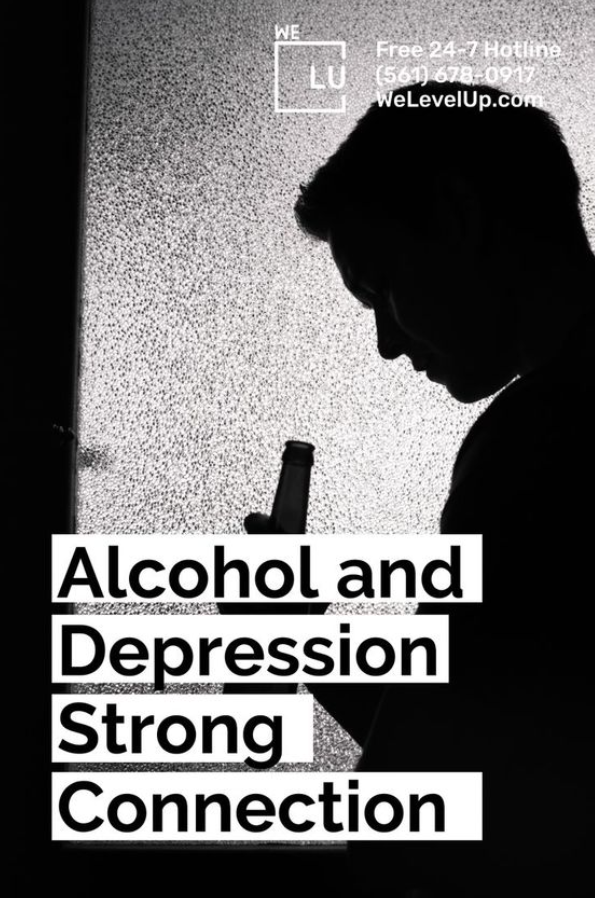
Skip To:
Learn More:
Medication Treatments for Depression
Clinical depression is readily treated with short-term, goal-oriented psychotherapy or talk therapy and antidepressant medications. For most people, a combination of the two works best and is often recommended by many healthcare professionals.
The most popular antidepressants include:
- Fluoxetine (Prozac).
- Sertraline (Zoloft).
- Escitalopram (Lexapro).
- Paroxetine (Paxil).
- Citalopram (Celexa).
- Venlafaxine (Effexor).
- Duloxetine (Cymbalta).
- Bupropion (Wellbutrin).
- Mirtazapine (Remeron).
- Amitriptyline.
Finding the Suitable Medication Treatment Plan for Depression
Antidepressants may be a viable choice for you as well if a family member has used them successfully. However, finding the ideal drug might take some time; you might need to experiment with various brands or combinations before settling on one. It requires patience because some medications take weeks to show full effects and for side effects to ease as your body adjusts. Inherited traits influence your response to antidepressants. Genetic tests may offer insights into how your body might react to a specific antidepressant. Still, other factors, not just genetics, can influence how you respond to medication.
Moreover, many people are now trying to use ketamine for depression treatment. Still, since ketamine is associated with a higher risk of drug abuse and addiction, it cannot be recommended in daily clinical practice. Ketamine is not a miracle drug, and many essential factors still need to be defined, such as the most effective dose and the optimal administration route. The current lack of guidelines about the therapeutic monitoring of ketamine treatment for depression further complicates the expanding use of this therapy.
The Dangers of Abruptly Stopping Antidepressants
Always consult your doctor before stopping an antidepressant. While they aren’t addictive, abrupt discontinuation or missing doses can lead to withdrawal-like symptoms and worsen depression suddenly. Collaborate with your doctor to gradually and safely reduce your dose and to help you adjust to non-medication therapy.
Antidepressants and Pregnancy
Certain antidepressants may raise the danger to the health of your unborn child or nursing kid if you are pregnant or breastfeeding. If you get pregnant or want to become pregnant, visit your physician to consult the use of depression medications and to weigh the benefits and risks.
Why Do Antidepressants Cause Suicidal Thoughts?
Although the majority of antidepressants are typically safe, the FDA mandates the black box warning for some antidepressant prescriptions because of a possible rise in suicidal thoughts or actions in children, teens, and young people under the age of 25. Close observation is essential, particularly in the first few weeks or when there are dose adjustments. It’s critical to get in touch with a doctor or seek emergency assistance if there are worries about worsening depression or strange behavior. It’s crucial to remember that antidepressants have a greater tendency to lower the risks of suicide over time by elevating mood, but the initial side effects might cause them.
If you’re struggling with depressive disorders and substance abuse, get resources about treatment counseling today. Start getting support with a free call to our mental health and addiction hotline.
Get Help. Get Better. Get Your Life Back.
Searching for Accredited Drug and Alcohol Rehab Centers Near You? We Level Up Texas Is Opening Soon!
Even if you have failed previously and relapsed, or are in the middle of a difficult crisis, we stand ready to support you. Our trusted behavioral health specialists will not give up on you. When you feel ready or just want someone to speak to about therapy alternatives to change your life call us. Even if we cannot assist you, we will lead you to wherever you can get support. There is no obligation. Call our network hotline today.
FREE Addiction Hotline – Call 24/7Lifestyle Changes and Tips to Combat Depressive Symptoms
Even though there are medications, there are also lifestyle changes and tips to combat depressive symptoms. Here are a few things you can do to help you elevate your mood:
- Regular exercise.
- Healthy diet.
- Adequate sleep.
- Social connections.
- Mindfulness and relaxation techniques.
- Limit alcohol and caffeine.
- Sunlight exposure.
- Establish routine.
- Set realistic goals.
- Engage in hobbies.
- Practice gratitude.
- Avoid isolation.
- Cognitive behavioral techniques.
- Express yourself creatively.
- Volunteer or help others.
- Monitor negative thoughts.
- Stay hydrated.
- Music and art therapy.
- Progressive muscle relaxation.
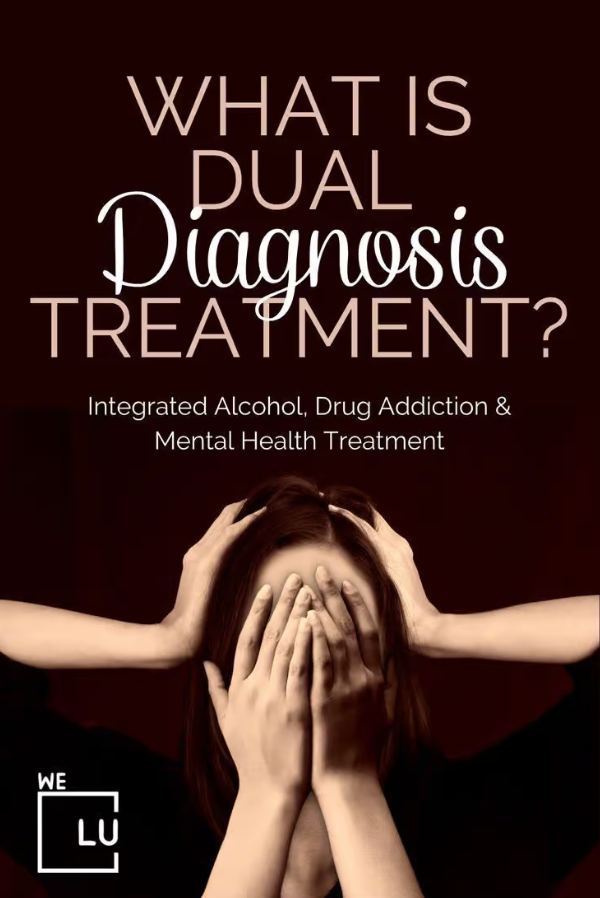
Treatment-Resistant Depression and Psychotherapies
No matter how hopeless things may feel, you can get better with depression treatment — many people do. Effective depression treatment depends on recognizing there is a problem, seeking to address it, and following a treatment plan. This can be tough when you have depression, but patience is the key when beginning treatment.
Refractory depression, another name for treatment-resistant depression, describes situations in which antidepressant prescriptions and psychotherapy are provided but do not significantly reduce symptoms. It is a huge problem since people with this illness cannot feel better even after trying a variety of treatment therapies several times.
When a patient has depression that is resistant to therapy, doctors frequently look into alternative therapeutic approaches to address the complexities of the patient’s illness. Transcranial magnetic stimulation (TMS), electroconvulsive treatment (ECT), and evaluating alternative drug classes are a few examples of these.
Notably, in some instances, electroconvulsive therapy is the best course of action for treatment-resistant depression; on the other hand, the effectiveness of alternative approaches is still being investigated, and their precise indications are being carefully considered and improved.
To mediate the complexity of treatment-resistant depression, a nuanced approach to choosing alternative therapies emphasizes the dedication to customizing treatments to the unique requirements of each patient.
The most effective and evidence-based psychotherapies that could help treatment-resistant depression include:
- Cognitive Behavioral Therapy (CBT).
- Dialectical Behavior Therapy (DBT).
- Psychodynamic Therapy.
- Interpersonal Therapy (IPT).
- Mindfulness-Based Cognitive Therapy (MBCT).
- Acceptance and Commitment Therapy (ACT).
- Behavioral Activation.
- Schema Therapy.
- Eye Movement Desensitization and Reprocessing (EMDR).
Depression and Substance Abuse Co-occurring Disorder
Substance abuse often stems from trying to cope with mental health issues like depression. People might self-medicate with alcohol or drugs, finding short-term relief that seems like a solution. However, this can lead to repetitive self-medication and dependency, eventually turning into addiction. Even those initially free from mental health problems might develop psychological drug dependence, leading to secondary issues like depression. If left untreated, these dual-diagnosis problems can worsen substance abuse.
As the substance abuse treatment society and depression treatment centers begin to acknowledge that addiction is itself a mental disorder, the relationship between substance abuse and depressive disorders becomes more complex. Many treatment rehabs largely lack proper knowledge of dual-diagnosed conditions, so these conditions are still treated individually or worse–not treated or diagnosed at all. Our dual diagnosis treatment center in Texas is one of the facilities with professionals trained to help treat co-occurring disorders. This type of tandem treatment provides high success rates.
If you’re seeking assistance with your rehab journey, reach out to a We Level Up Texas treatment professional today—your call is free and confidential.
Opening Soon! First-Class Facilities & Amenities
World-Class High-Quality Addiction & Mental Health Rehabilitation Treatment
Coming Soon! Rehab Centers TourRenowned Addiction Centers. Serene Private Facilities. Inpatient Rehab Programs Vary.
FREE Addiction Hotline – Call 24/7Proven recovery success experience, backed by a Team with History of:
- 15+ Years Experience
- 100s of 5-Star Reviews
- 10K+ Recovery Successes
- Low Patient to Therapist Ratio
- Onsite Medical Detox Center
- Comprehensive Dual-Diagnosis Treatment
- Complimentary Family & Alumni Programs
- Coaching, Recovery & Personal Development Events
We Level Up Texas Dual Diagnosis Inpatient Treatment Center for Depression and Addiction
The healthcare professionals at We Level Up Texas inpatient depression treatment and dual diagnosis rehab believe that addressing both the underlying issues and addiction together boosts the chances of successful, relapse-free recovery. Once we identify and start treating the mental health problems tied to alcohol or drug dependency, it brings individuals closer to long-term sobriety.
At We Level Up Texas rehab center, we do not believe that long-term recovery comes in a one-size-fits-all program. Upon arrival at our dual diagnosis treatment center, each client will undergo a comprehensive physical and psychological assessment with our physicians, mental health specialists, health advisers, and nutritionists. Together, we will determine the client’s underlying issues, including depressive disorders, so that we can plan an individualized approach and, when applicable, provide integrated dual diagnosis treatment. The symptoms of the multiple disorders that can occur alongside addiction can present complex and similar symptoms. Accurate diagnosis requires a highly trained professional team with years of experience.
Treating Both Depression and Substance Abuse
Substance use disorders often start as a way to cope with self-esteem issues and social status or as a form of self-medication. Some roots are situational, while others may be linked to brain imbalances. Acknowledging a mental health issue is a crucial step, leading to more effective treatment for concurrent drug addiction. Professional guidance is essential to identify underlying conditions, and dual diagnosis treatment typically involves detox and a focused residency program to equip individuals with tools for long-term recovery.

Many psychiatric disorders, like alcohol use disorder or substance abuse, are better treated when you fully comprehend what you are suffering from. Understanding your anxiety attacks, PTSD, depression, and other disorders and their impacts on you goes a long way to realizing your own treatment needs.
While you probably seek to live a life free from the bonds of medication use, it may be required for some patients to use their prescriptions for certain mental disorders. These drugs are seldom addictive or high-inducing in their quality. These prescriptions may be needed to improve the quality of your life and drastically improve the chances of your long-term recovery. Many of the non-addictive anti-depressants are SSRIs and SNRIs, including Prozac and Zoloft. Generally, these medications are safe when used as prescribed.
Acknowledging a possible mental illness can be challenging, but getting the proper diagnosis and treatment makes addressing drug addiction more effective. Only a trained medical professional can pinpoint these underlying conditions.
Are you searching for a depression treatment near me? Get a free rehab insurance check without any obligation. The result can help you explore several treatment options.
Tips to Cope with Depressive Episodes | Informative Video
Start a New Life
Begin with a free call to an addiction & behavioral health treatment advisor. Learn more about our dual-diagnosis programs. The We Level Up treatment center network delivers recovery programs that vary by each treatment facility. Call to learn more.
- Personalized Care
- Caring Accountable Staff
- World-class Amenities
- Licensed & Accredited
- Renowned w/ 100s 5-Star Reviews
We’ll Call You
Search We Level Up Texas Depression Treatment, Detox Topics, and Resources
Sources
- Mental Health and Substance Use Co-Occurring Disorders – Substance Abuse and Mental Health Services Administration (SAMHSA)
- Mental Health Conditions: Depression and Anxiety – Centers for Disease Control and Prevention (CDC) https://www.cdc.gov/tobacco/campaign/tips/diseases/depression-anxiety.html
- The Key Substance Use and Mental Health Indicators in the United States: Results from the 2021 National Survey on Drug Use and Health – Substance Abuse and Mental Health Services Administration (SAMHSA)
- Facts About Suicide – Centers for Disease Control and Prevention (CDC)
- Substance Use and Co-Occurring Mental Disorders – National Institute of Mental Health (NIMH)
- NIDA. 2022, September 27. Part 1: The Connection Between Substance Use Disorders and Mental Illness. Retrieved from https://nida.nih.gov/publications/research-reports/common-comorbidities-substance-use-disorders/part-1-connection-between-substance-use-disorders-mental-illness on 2024, January 4
- Woody G. The Challenge of Dual Diagnosis. Alcohol Health Res World. 1996;20(2):76-80. PMID: 31798155; PMCID: PMC6876494. https://www.ncbi.nlm.nih.gov/pmc/articles/PMC6876494/
- Bains N, Abdijadid S. Major Depressive Disorder. [Updated 2023 Apr 10]. In: StatPearls [Internet]. Treasure Island (FL): StatPearls Publishing; 2023 Jan-. Available from: https://www.ncbi.nlm.nih.gov/books/NBK559078/ Study related to How to deal with depression? How to get out of depression? How to get over depression? Shock treatment for depression; treatment of depression; treatment resistant depression treatment; persistent depressive disorder treatment.
- Saha K, Torous J, Kiciman E, De Choudhury M. Understanding Side Effects of Antidepressants: Large-scale Longitudinal Study on Social Media Data. JMIR Ment Health. 2021 Mar 19;8(3):e26589. Doi: 10.2196/26589. PMID: 33739296; PMCID: PMC8077932.
- Nischal A, Tripathi A, Nischal A, Trivedi JK. Suicide and antidepressants: what current evidence indicates. Mens Sana Monogr. 2012 Jan;10(1):33-44. Doi: 10.4103/0973-1229.87287. PMID: 22654381; PMCID: PMC3353604.
- Jauhar S, Hayes J, Goodwin GM, Baldwin DS, Cowen PJ, Nutt DJ. Antidepressants, withdrawal, and addiction: where are we now? J Psychopharmacol. 2019 Jun;33(6):655-659. Doi: 10.1177/0269881119845799. Epub 2019 May 21. PMID: 31111764; PMCID: PMC7613097.

